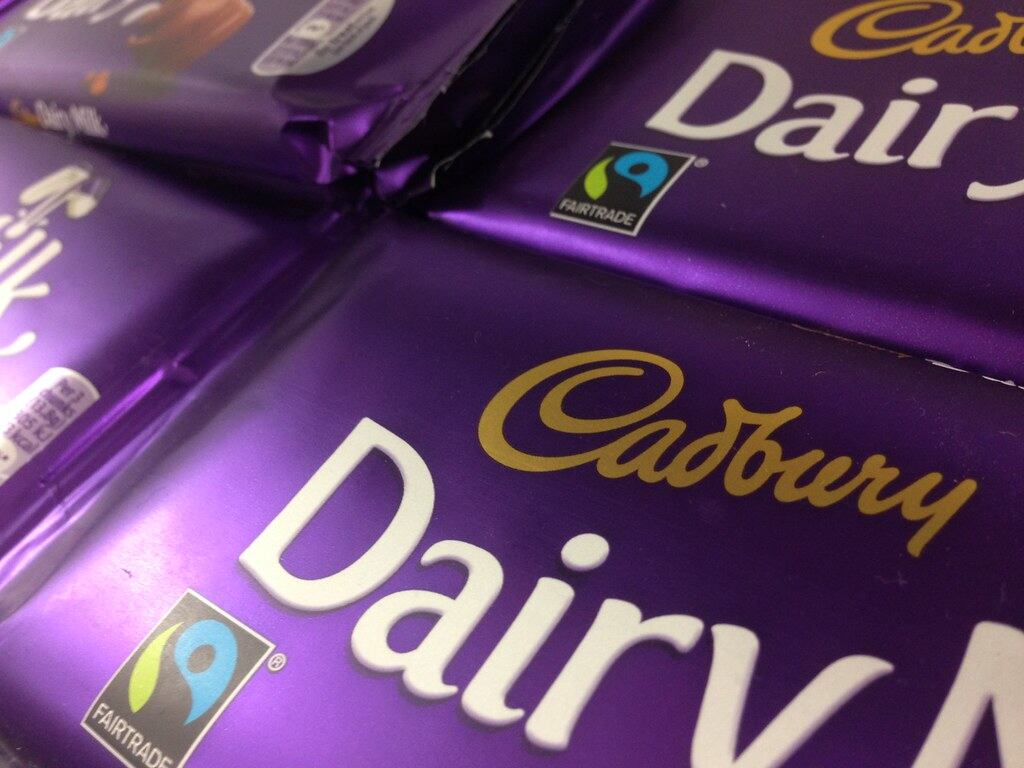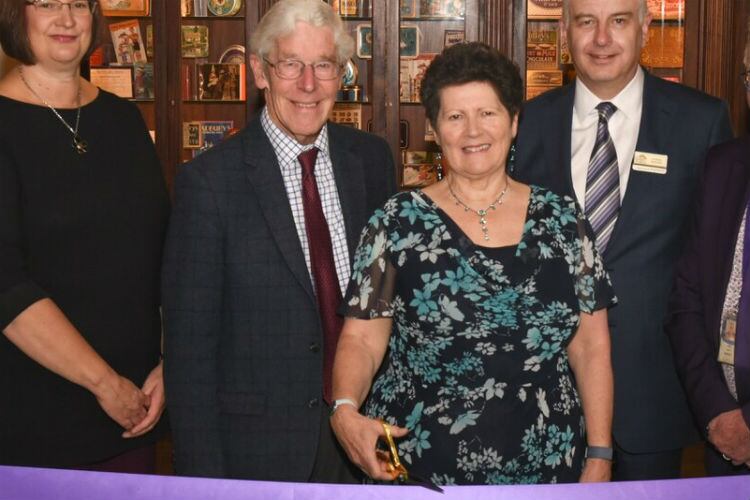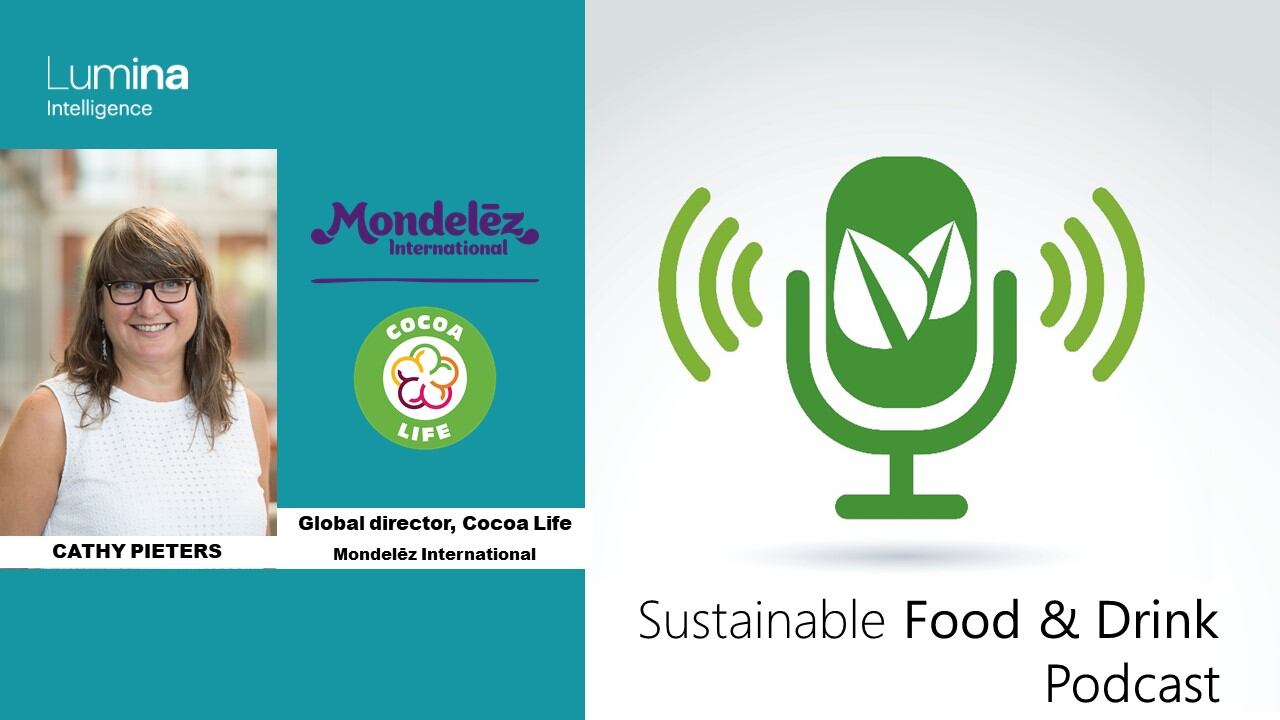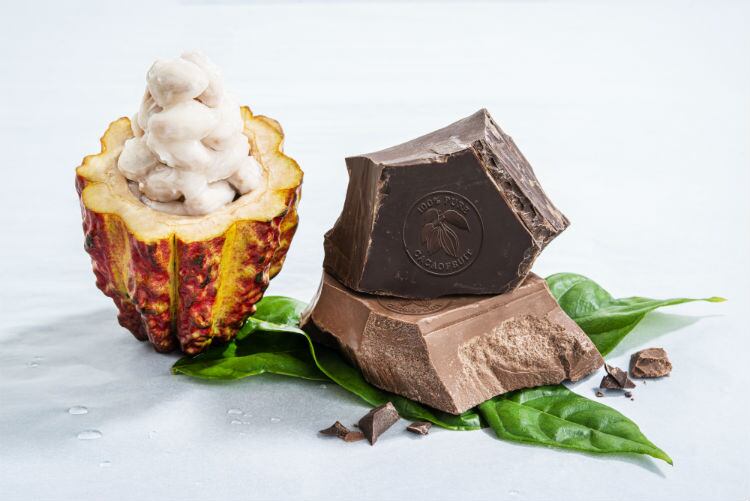The Chicago-based company did not ruffle major feathers with this earnings report, but rather emphasized the success of its recently implemented consumer-focused strategy, its new marketing playbook, supply chain and sales efficiency, and investment in local brands. Most recently, it acquired a majority stake in Perfect Snacks, a line of refrigerated energy bars.
Sales in developed markets grew by under 1% to $3.9bn in the quarter, with North America charging ahead with a nearly 4% increase to $1.8bn. According to CEO Dirk Van de Put, a focus on discount and club outlets, as well as ecommerce, has buoyed these numbers.
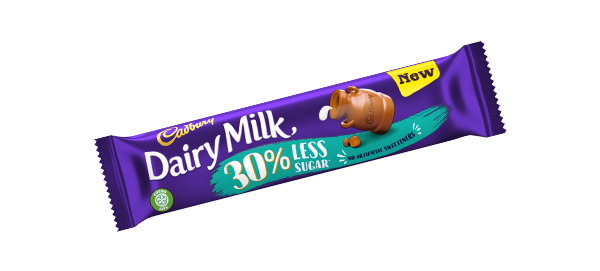
Emerging markets provided the biggest boost: sales grew 1.6% to $2.3bn, led by more than $1.4 in AMEA (Asia, the Middle East and Africa). Expanded distribution in China – 1.5m outlets now carry Mondelēz biscuits and 1m carry its gum, Stride in particular – has buoyed these numbers.
“We’re seeing everything that our strategy is creating for sustainable future growth,” Van de Put said in a conference call with investors this week. The consumer “informs everything we do – it inspires and also motivates our teams,” he added of the company’s ‘consumer-first’ mentality.
He also pointed to a ‘reinvigorated’ approach to marketing that “gets to the roots of what makes our brand special…our intention is to drive clarity in brand positioning and consistency in execution.”
Global brands generally grew in the mid-single digits, CFO Luca Zaramelli told investors: “This growth was high quality, driven by a balance of volume and pricing.”
Cacao Fruit
Mondelēz also worked with a ‘key supplier’ to develop – in record time, said Van de Put – a product using the fruit of the cacao pod. That brand, called CaPao, launched with limited distribution this summer.
“This sort of approach is very different from the innovation approach we’ve had in the past.”
Organic revenue enjoyed a bigger bump, gaining nearly 3% in developed markets and 6.6% in emerging – or about 4% overall.
Those gains led Mondelēz to up its full-year outlook for organic net revenue to an expected 3.5% increase. It anticipates free cash flow to reach $2.8bn, which “continues to be a key priority,” said Zaramelli.
Long Easter season, Cadbury marketing benefiting chocolate
Chocolate performed well around the world this quarter, thanks in part to tailwinds of a longer Easter season, according to the executives. Its brands – which include Cadbury, Cote d’Or, Milka, Toblerone and Norway’s Freia – held or gained share in 65% of global markets.
Overall, organic net revenue for chocolate grew by more than 6%, led by strong sales in Australia, Russia and the UK. In the latter, Zaramelli referenced Cadbury’s ‘generosity’ campaign as a key driver: “Quite frankly, I think we are hitting on all cylinders: the chocolate category is up,” he said of the company’s growth in the UK. A hot summer also pushed chocolate sales into the third quarter.
When it comes to the company’s chocolate business in the US and China, Mondelēz is approaching both a with a grain of salt, having expected modest market share of 1% to 3%.
“We were always aware of that,” said Van de Put, adding that both markets already have ‘very significant players’ to fight for shelf space. “So we didn’t want to have sort of a major strategy or major approach. We wanted to just capture the opportunity that we had, largely using Oreo as a brand.”
The company feels it has achieved initial goals for these two markets, and that greener grass lies elsewhere.
“We feel that we have other opportunities around the world which are bigger and give us a better return, and we want to focus on those first before we want to increase our presence in those two big chocolate markets, in China and the US,” explained Van de Put.
On Brexit...
Asked by several investors about Brexit, Van de Put responded: “At this stage we cannot talk about any slowdown as it relates to Brexit worries, as the numbers testified. We don’t see that at the moment. We are preparing for it of course, but we also believe our categories – the snacking categories – [are] not necessarily going to go [in] big swings up and down as consumer sentiment goes up and down. We hope that we will be a little bit protected from big consumer sentiment changes.”
Mondelēz has dissected potential short-term pitfalls related to Brexit – such as border disturbance that might necessitate higher inventory levels, or a spike in the cost of transportation, raw materials or packaging. “We don’t know what type of Brexit it will be, so we have not included the larger effect of Brexit in our thinking,” said Van de Put.
Hitting a ‘Stride’ in China, and remember the biscuit
Biscuits held or gained share in 75% of markets, with organic sales up 4%. Belvita, Oreo and Ritz helped in North America.

Gum and candy grew modestly – about two-tenths of a percent, holding or gaining share in 35% of markets.
The Chinese market has seen more of Stride in digital marketing campaigns targeted at Gen Z.
Elsewhere in AMEA, seasonal gifting – such as a Kinh Do and Oreo brand of mooncakes for the mid-autumn festival – and local adaptations of global brands proved ‘particularly successful,’ said Van de Put.
Together, emerging markets grew more than 5% for the fifth consecutive quarter.
Responding to a question about future investments in upstart brands in these regions, Van de Put said: “If I look at what that means for us going forward, I do not expect substantially these investments to change. We do still have areas of the world where we should be putting more investment in our brands, particularly local brands, which are accelerated but are not always on right level of investment.”
He added that Mondelēz recently consolidated its advertising agencies – a move that should produce “more consistent quality globally.”

